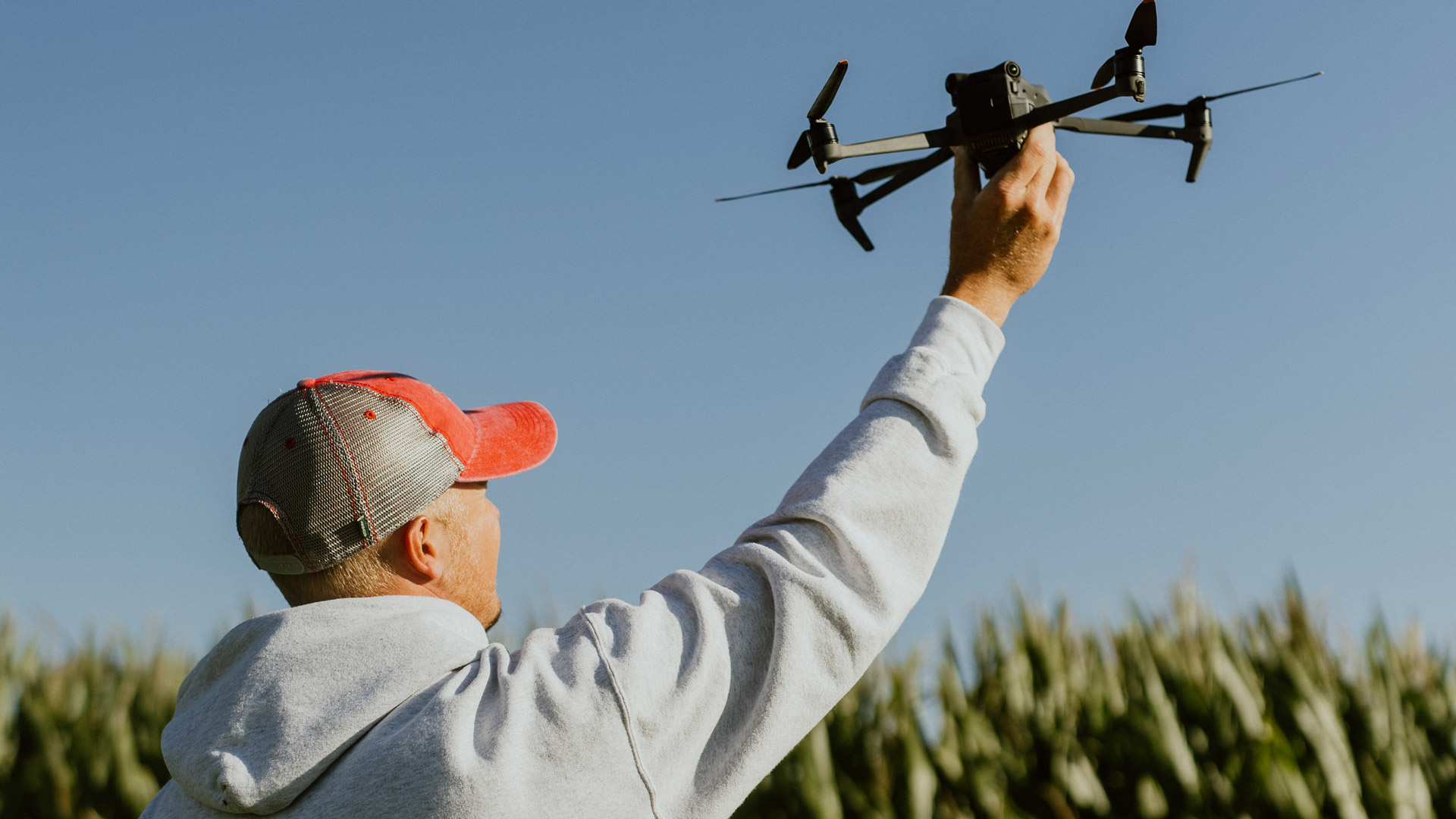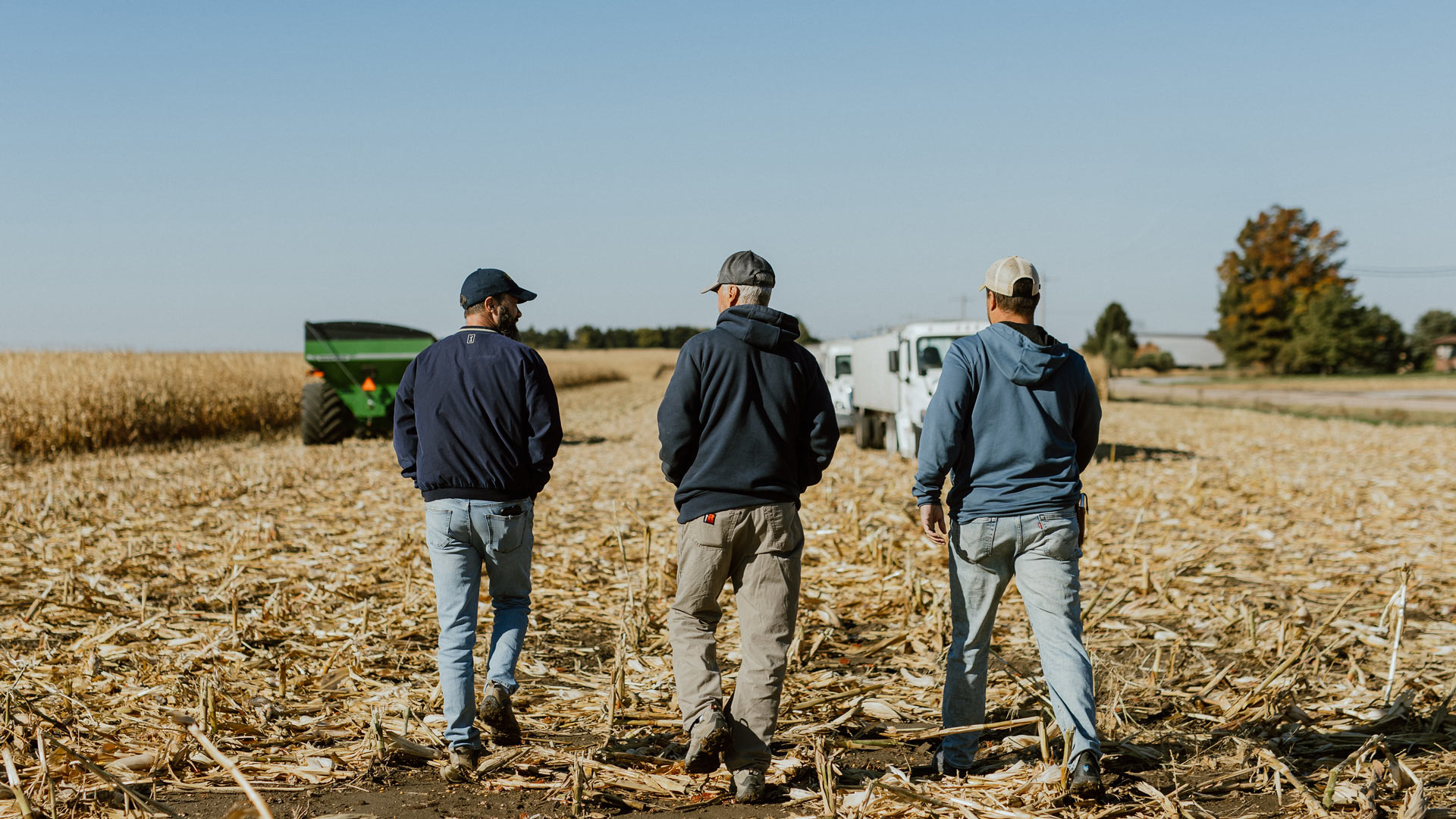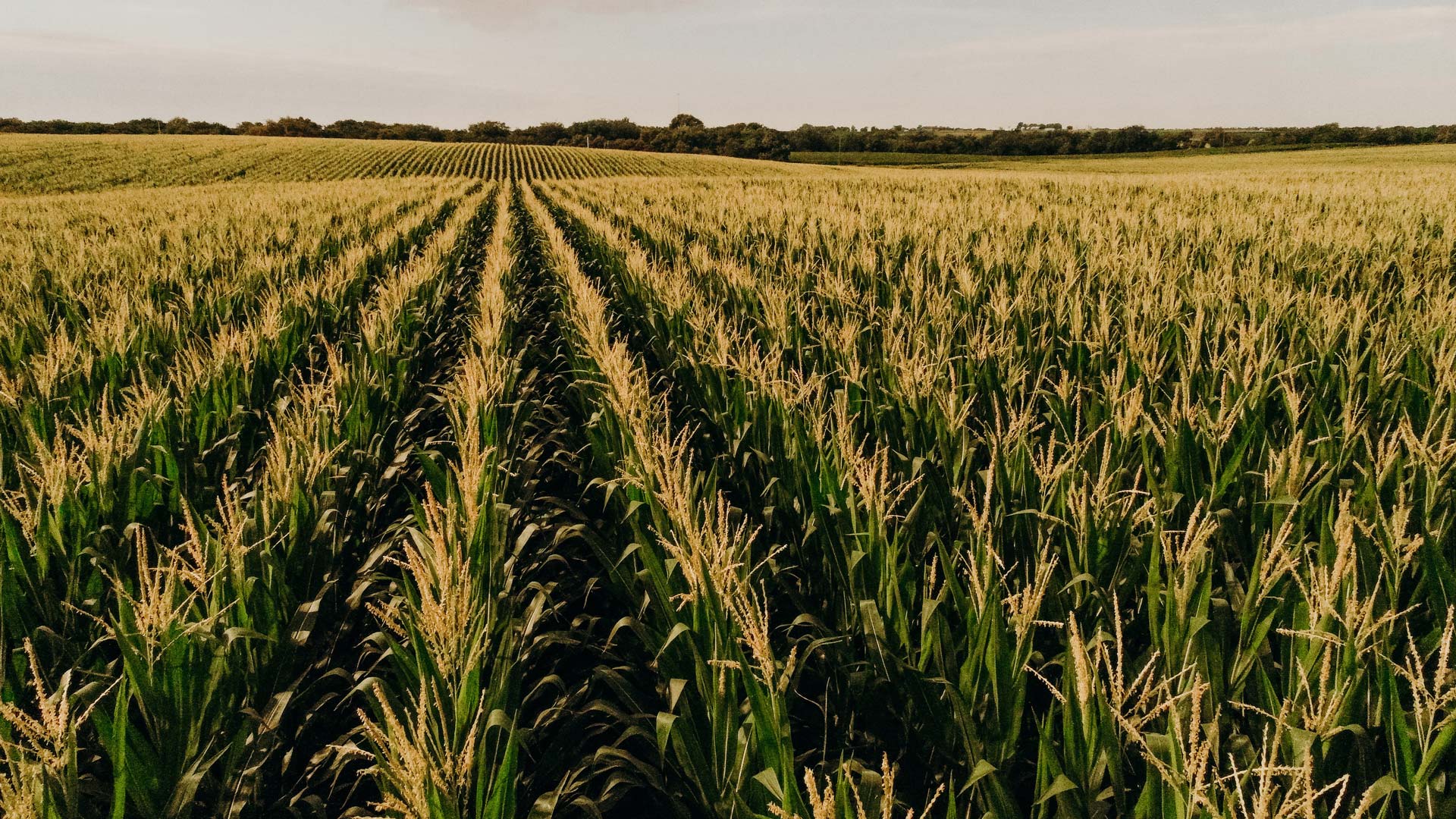Corn farming is a rewarding career that provides a special way of life hard to find anywhere else. Farmers spend much of their time outdoors and are in tune with their land. Their job is an important one — they feed the world — and requires someone who is part green thumb, part mechanic and a full-time problem solver.
Want to know more about corn farming as a career? Is farming the right career for you? Find out more in this corn farming career guide.
Is Corn Farming a Good Career?
Corn farming in Nebraska is a good career for people who like to work outside, work with their hands and enjoy doing a variety of different jobs. The activities on a farm change with the seasons. Corn farmers spend more time outside during the warmer months and inside during the cold season, often in a shop.
What Kind of Corn Do Farmers Grow in Nebraska?
Farmers across the country raise many varieties of corn, but the top varieties grown in Nebraska are field corn and popcorn. The Cornhusker State is the top producer of popcorn in the country and the third-leading producer of field corn, which is often used for animal feed and ethanol production.
What Other Crops Do Corn Farmers Grow in Nebraska?
While farmers may focus on corn, it’s common for them to grow other crops to maintain soil health in their fields. They do this through a practice called crop rotation, which is the practice of rotating the crop grown in a field every few years. The most common crop used by corn farmers in rotation is soybeans. Farmers often don’t grow all of one crop but grow multiple crops each year.
What Corn Farmers Do
Corn farmers are responsible for all aspects of their crop’s life cycle. They care for the fields, plant the corn seeds, manage the growing season and harvest the mature crop. They also apply any needed fertilizer to help the crop grow and monitor the fields for insect predation, disease and weeds.
During harvest, the corn also needs to be trucked from the fields to storage or market to be sold. After the corn is sold or stored away, farmers prepare the fields for winter.
Given the amount of equipment used in farming, it’s no surprise that sometimes equipment breaks down and farmers must use their mechanical skills to get it working again.
How Much Do Corn Farmers Work?
Corn farmers do things all year, but their heaviest workload is seasonal.
They are busiest in spring when they plant crops and, in the fall, when they harvest. That’s not only because planting and harvesting are big jobs, but also because they are a race against time.
In the spring, farmers are eager to get their fields prepared and planted as soon as the soil warms to the optimal temperature for corn growth. In fall, they hurry to get that year’s crop out of the fields when the corn is ready to either be sold or safely stored away before winter comes.
What Corn Farmers Do in Winter
While planting and harvest are the busiest times for a farmer, there’s also work that needs to be done during the winter. After harvest, farmers must clean and evaluate the condition of their equipment, so they can make any needed repairs. They also may need to find and purchase additional equipment.
Farmers are running a business, so they need to manage the operation’s finances and budget for the year. Like all business owners, they also need to plan for the future and determine what crop they will plant next year, how many acres they will farm and how to market and sell the crops they harvest.
The business side of farming also includes calculating how much seed, fertilizer and other products they need to buy. As the end of winter nears, farmers make sure all necessary products are ordered and their fleet of equipment is ready for another year in the fields. These decisions are often made more than a year in advance.
How Do Corn Farmers Make Money?
Corn farmers make money by selling their crop.
How profitable an individual farming operation is will depend on multiple factors, which change from year-to-year. How much a farmer makes per acre of corn is determined by several factors:
* The cost to grow and harvest the corn.
* The amount of corn that is harvested.
* The quality of the corn crop
* The price the corn sells for.
Other factors that impact how much a farmer makes are the weather, which can affect several aspects of the corn yield and quality, as well as if a farmer has insurance in the event of natural disasters such as drought or floods.
Some of the costs effect profits are the cost of renting or buying land, seed, tractor fuel, land, equipment, wages for workers and any fertilizer or pesticide. A farmer’s yearly profits are the difference between the revenue from the corn sales and these costs.
How Much Money Do Corn Farmers Make?
According to the U.S. Bureau of Labor Statistics, the median pay for farmers, ranchers and other agricultural managers was $73,060 in 2021. That equates to $35.12 per hour. Many farmers use annual profits to purchase new equipment, secure more land or invest in other ways to grow their company.
It’s not unusual for farmers to hire someone to work for them during planting or harvest. These hired hands could be driving a grain cart, combine, or anything else that helps to get the crop harvested at the proper time. The median pay for agricultural workers, a category that includes tractor drivers, was $29,680 per year, or $14.27 per hour, according to 2021 BLS statistics.
Corn Farming as a Career
Does corn farming sound like an appealing career? If so, there are a number of ways to enter the business.
Although it’s not required, many people interested in farming as a career first obtain an agriculture-related college degree to learn the latest industry trends and technology.
Another way to get a start in farming is to work at a corn-growing operation, such as one of Nebraska’s many family-owned farms. Spending time under the guidance of a farmer is a great way to get valuable on-the-job training and learn if farming is the right career for you.




